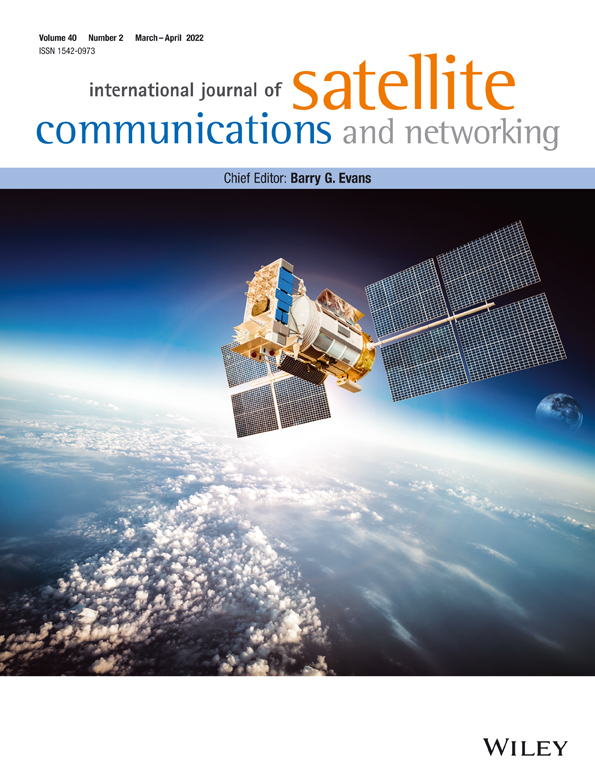A smart reactive jamming approach to counter reinforcement learning-based antijamming strategies in GEO SATCOM scenario
Summary
Reinforcement learning (RL) is being considered for future SATCOM systems due to its inherent capability to self-learn the optimum decision-making policy under different scenarios. This capability enables SATCOM systems to manage their resources judiciously and mitigate jamming attacks autonomously without prior jammer type classification. We propose a novel smart reactive SATCOM jamming approach that would not only counter these RL based anti-jamming strategies but would also be effective against conventional anti-jamming schemes, that is, FHSS and DSSS. The proposed jamming approach exploits the limitations in learning patterns of Q-learning-based RL agent and achieves effective jamming while conserving considerable amount of jamming power. To achieve this, we propose an intelligent jamming engine (IJE) along with few potent jamming algorithms and evaluate their performance in terms of throughput degradation of victim SATCOM link, jamming power conservation, and design complexity of the jammer. Software simulations successfully demonstrate the effectiveness of our proposed smart reactive jamming approach which outperforms the standard reactive jammer against RL-based antijamming schemes.
CONFLICT OF INTEREST
The authors declare no potential conflict of interests.
Open Research
DATA AVAILABILITY STATEMENT
The data that support the findings of this study are available from the corresponding author upon request.




